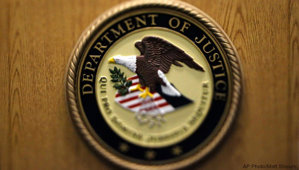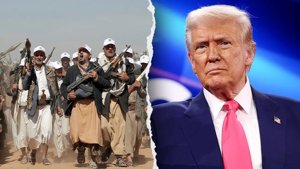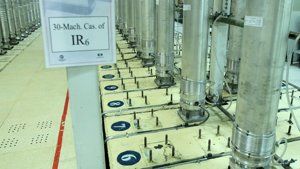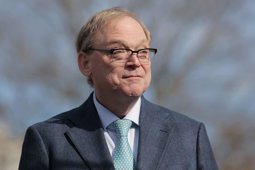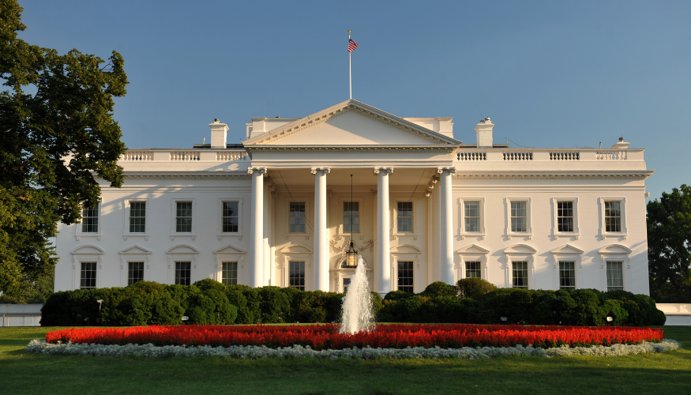
Democrats Signal 2028 Runs Early
Top Democrats including Beshear and Walz are openly expressing interest in the 2028 race, upending long-standing norms around campaign secrecy.
From Cautious Silence to Open Ambition
A growing roster of Democratic leaders are dispensing with the traditional coyness and openly signaling their interest in the 2028 presidential election. The list includes governors, senators, and former cabinet members—all breaking with past practice by publicly admitting their White House ambitions more than three years before Election Day.
Kentucky Governor Andy Beshear told reporters he “would consider” a presidential bid, while Minnesota Governor Tim Walz said he would do “whatever it takes” if called upon to serve. Former Transportation Secretary Pete Buttigieg is treading more carefully, stating, “Right now I’m not running for anything,” though his past campaign suggests renewed interest is likely.
Arizona Senator Ruben Gallego, despite his short time in the Senate, didn’t shy away either. While awaiting the birth of his third child, he told NBC that presidential ambition is natural for anyone in elected office. “Has it ever crossed my mind? Of course,” he said, including a colorful expletive.
This candid shift marks a departure from the long-standing political tradition of denying presidential aspirations until the last possible moment. In years past, potential candidates maintained strict silence or issued bland denials when asked about future ambitions. The media often labeled this ritualistic avoidance the “Kabuki dance” of modern politics.
Little to Lose, Much to Gain
Analysts note that many of the current crop of contenders have relatively low national name recognition and therefore little to lose by entering the race early. Even a short-lived campaign can yield benefits: increased visibility, media contracts, and a stronger position in future political negotiations.
While most aspirants will not survive until the first primaries—let alone the debate stage—early declarations can help test fundraising potential, build donor lists, and secure media attention. The current environment rewards visibility, especially in an era dominated by social media and online commentary.
Observers have counted at least 19 possible Democratic contenders already floating their names for 2028. That number is expected to shrink as campaign realities take hold, including polling thresholds, donor engagement, and organizational structure.
The changing media landscape also plays a role. Once controlled by legacy outlets and campaign insiders, the flow of information now relies heavily on podcasters, influencers, and social platforms. Traditional journalists, though increasingly marginalized, still play a crucial role in verifying and contextualizing early campaign activity.
Covering these campaigns is expensive and logistically demanding, but news organizations continue to invest in the election beat—especially with such an early start to the 2028 race. With declarations already being made, the political cycle shows no signs of slowing down, even with more than three years to go.

